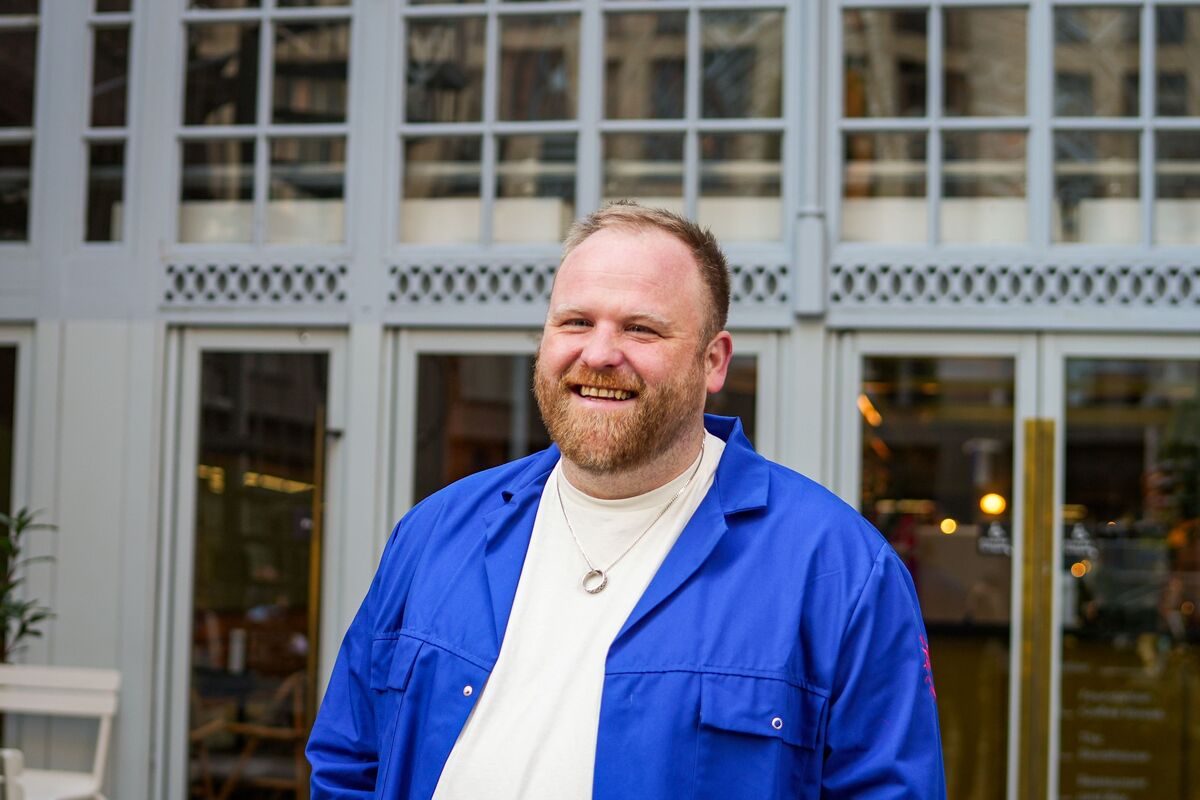Hospitality staff report surge in mental health and wellbeing issues
Hospitality Action’s latest Taking the Temperature survey revealed more than three-quarters of industry workers are struggling.
Hospitality workers have reported an “unprecedented” rise in mental health struggles, based on a survey conducted by UK charity Hospitality Action.
The Taking the Temperature survey, which took place in June, revealed a significant increase in the proportion of hospitality workers reporting mental health issues, rising from 56% in 2018 to 64% in 2020 and to 76% in 2024.
Of the respondents, 69% said they have experienced mental health challenges in the past five years since the Covid-19 pandemic and cost of living crisis and 49% in the past two years alone.
When asked to identify the top three challenges they were likely to face in the next 12 months, managing a good work-life balance (60%) was cited as the primary issue, closely followed by mental health (44%) and finances (42%).
Hospitality Action stated that the results correlated with a surge in calls to its helplines over recent months.
When considering the main challenges facing their workplace, respondents thought work-life balance (45%), high expectations or workload (43%) and long hours (40%) were the issues most likely to impact wellbeing.
Opinion was divided regarding whether hospitality organisations adequately support employees. While 62% of respondents believed their employer creates an environment where their mental health can be openly discussed and that they have a good work-life balance, 38% did not feel either to be true. This ‘lost third’ tend to be in more operational roles and are generally less experienced team members.
Just over half of respondents would be comfortable to discuss their mental health with their employer (52%), but 65% stated that they would be reticent to vocalise a mental health challenge due to fears it could negatively impact their career progression.
Meanwhile, 85% of respondents felt they could recognise the signs if a colleague is struggling and 79% would start a conversation.
Regarding the assistance most likely to be offered to an employee citing a mental health issue, 71% of employers said they would look to change working patterns to help improve work-life balance and reduce stress. Additionally, 67% would signpost employees to an Employee Assistance Programme (EAP), indicating the significantly important role EAPs play in mental health support.
In response, Hospitality Action urged the industry to review its mental health and wellbeing provisions with a view to substantially enhance protocols and initiatives to better support employees and to nurture an environment where staff can voice concerns without fear.
The charity’s chief executive Mark Lewis said: “Despite significant progress in recent years, reducing the stigma associated with mental health and wellbeing, it is evident that we still have a long way to go. Employers must take the lead by creating a work environment that prioritises a balanced work/life dynamic and which encourages open, honest discussions without fear of negative repercussions.
“The Covid-19 pandemic and cost of living crisis devastated our industry, as evidenced by these survey results and the surge in calls to our helplines. A fundamental, permanent shift in attitude towards mental health is essential to provide the crucial help and support needed to sustain a resilient and healthy workforce in our industry.”
Similar sentiments were expressed in Planday’s study ’Biggest Shift: How to Improve Retention in Hospitality’. The survey of more than 2,000 staff based in the hospitality (1,603 people), retail (203 people), and care (202 people) in January found that 85% of hospitality professionals reported symptoms of poor mental health in the previous year.
Photo: Jacob Lund/Shutterstock





















